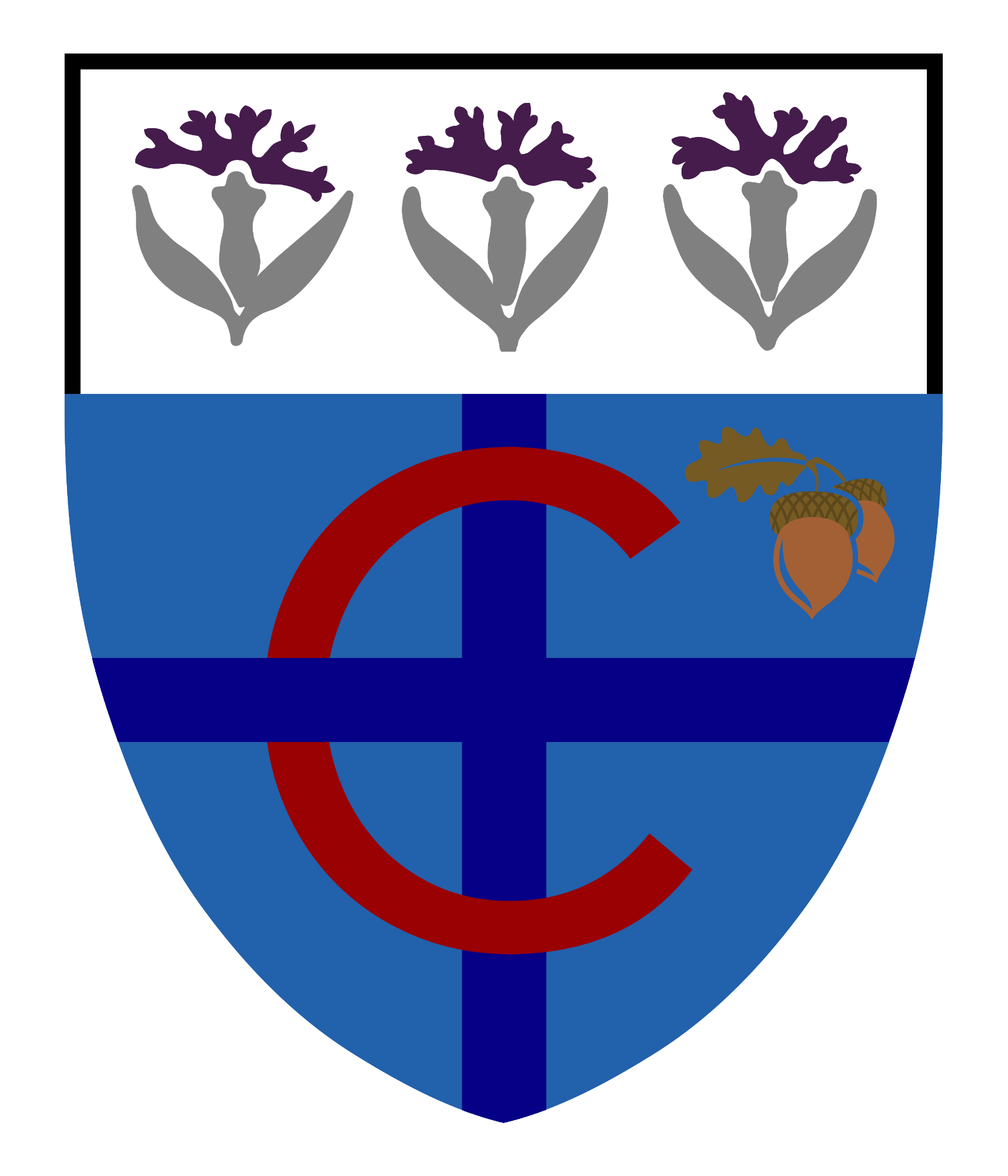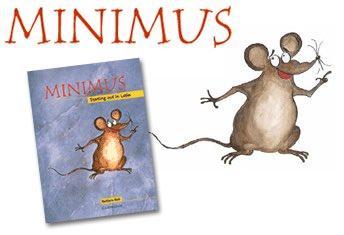Latin
Latin Curriculum Statement
Our School Vision:
“The rain came down, the streams rose, and the winds blew and beat against that house; yet it did not fall, because it had its foundation on the rock.” (Matthew 7:25)
Bishop Chavasse Church of England School Policies are all underpinned by our school parable ‘The Wise and the Foolish Builder.’
Jesus is at the heart of Christianity. As a church school we believe that, like the wise man, those who are guided by the word of God in the Bible and trust in Him will become wise, compassionate and honest; be empowered to weather all storms, help one another flourish and make a difference in the world.
Bishop Chavasse School knows and values every wonderfully and uniquely created child and adult. Supported by faith, we establish firm foundations for our children to become resilient, curious, confident, community minded courageous advocates who flourish and thrive. We build on and support the development of the whole person in a safe, happy Christian environment. We inspire everyone to fulfil their potential through our high expectations and a broad, creative and inspirational curriculum; rich in opportunity to develop culture capital, have fun and partake in adventures. Everyone will develop an everlasting love of learning. Our dedicated, passionate staff, supported by parents, Governors and the Tenax Schools Trust are committed to nurturing our community to achieve excellence together in an environment where everyone is wise, trustworthy and compassionate. Pupils will make everlasting friendships and exciting life-long memories.
Latin Overview 2023-2024
|
|
Term 1 |
Term 2 |
Term 3 |
Term 4 |
Term 5 |
Term 6 |
|
EYFS |
Children will learn the corresponding sounds to letters and letter formation. Phonics is the first step towards understanding written language. |
|||||
|
Year 1 |
In English Writing and Reading, children learn grammatical terminology and discuss and clarify word meanings, linking new meanings to those already known. This forms the basis for Latin learning in KS2. |
|||||
|
Year 2 |
In English Writing and Reading, children learn grammatical terminology and discuss and clarify word meanings, linking new meanings to those already known. This forms the basis for Latin learning in KS2. |
|||||
|
Year 3
|
Minimus Chapter 1: Meet the family. |
Minimus Chapter 2: Food, Glorious food! |
Minimus Chapter 3: Work, work, work |
Minimus Chapter 4: The best days of your life |
Minimus Chapter 5: Romans and Britons |
Minimus Chapter 6: Off to town |
|
Year 4
|
Revision and consolidation and Minimus Chapter 4: The best days of your life |
Minimus Chapter 5: Romans and Britons |
Minimus Chapter 6: Off to town |
Minimus Chapter 7: The military machine |
Minimus Chapter 8: Clean and healthy |
Minimus Chapter 9 A soldier’s life |
|
Year 5
|
Revision and consolidation and Minimus Chapter 5 Romans and Britons |
Minimus Chapter 6: Off to town
|
Minimus Chapter 7: The military machine |
Minimus Chapter 8: Clean and healthy |
Minimus Chapter 9 A soldier’s life |
Minimus Chapter 10 How beautiful! |
|
Year 6
|
Revision and consolidation and Minimus Chapter 7: The military machine |
Minimus Chapter 8: Clean and healthy |
Minimus Chapter 9 A soldier’s life |
Minimus Chapter 10 How beautiful! |
Minimus Chapter 11 A sad day. |
Minimus Chapter 12 Gods! Hear our prayers. |
Intent
At Bishop Chavasse, we want to encourage a passion for language learning. We want to encourage a curiosity of words and the confidence to ‘have a go’. Teaching Latin will give children a greater wisdom to be able to use words correctly, whether in Latin or English or another language in the future. Learning Latin will develop the children’s attention to detail and support them to identify tiny variations in grammar and vocabulary. This will train their minds to look at languages in a logical way, making it much easier for them to understand how other languages work.
Through the teaching and learning of some basic structures of language, we hope that pupils will explore and apply strategies to improve their own reading and writing and lay a strong foundation for learning a Modern Foreign Language learning in KS3.
Implementation
At Bishop Chavasse, we teach Latin for one lesson a week in KS2. Throughout KS1 children are introduced to some of the characters from the Latin scheme. Latin is an excellent next step after phonics and supports children to make progress in their reading and spelling. Half of the English language originates from Latin and therefore many spelling patterns and meanings of root words can be learnt in Latin lessons.
|
|
|
Our teaching and learning follows the ‘Minumus’ programme of Study which sets out a clear progression of content and language. The Minimus programme is based on a real family who lived at Vindolanda in 100AD: Flavius, the fort commander, his wife Lepidina, their three children, assorted household slaves, their cat Vibrissa - and the main character ‘Minimus the mouse’. It is an engaging and fun way to learn a language and also teaches the history of Roman life. Children have opportunities to show empathy and compassion towards those who were less fortunate in Roman times and often subjected to severe hardship or cruelty. We support learning of revisited and new language through a balanced variety of class, group and independent activities, including stories, games, videos and role play.
In all classes, children have a wide range of abilities, and we strive to provide suitable learning opportunities for all, supporting those with special education needs and comparing the many similarities of Latin and other languages spoken by children throughout the school.
Our assessment in Latin takes the form of verbal and written feedback within the lesson. Progress is measured and recorded against learning objectives in books. Also, and very importantly for pupil motivation, children have the opportunity at the end of each lesson to self-assess using the learning objective and can share successes and their own suggestions for possible next steps.
Wherever possible, we encourage children to use and apply their Latin learning whenever they are using language, whether listening, speaking, reading or writing. Children often make links to other words in Latin and use this knowledge to support their spelling in all subjects.
Impact
Children will leave Bishop Chavasse school as curious, confident learners with positive attitudes and compassion towards other cultures, peoples and languages and a better appreciation of our own language and way of life. Children will have an in-depth knowledge of types of words, their spelling patterns and meanings.
We measure the impact of our curriculum through the following methods:
- Observing children speaking and listening in another language.
- Marking of written work.
- Pupils assessing their own learning.
- Learning walks.
- Subject tracking.
- Student and teacher feedback.
The Latin subject leader will continually monitor the impact MFL teaching is having on the children’s learning, through work scrutinies, to ensure the progress of knowledge and skills is being taught. They will also ensure the knowledge taught is retained by the children and continually revisited and that the learners are able to apply the skills they have been taught to a variety of different settings, showing independence with their learning. Impact will also be measured through key questioning skills built into lessons, child-led assessment such as success criteria grids and summative assessments aimed at targeting next steps in learning. The honest feedback of both students and teachers will be gathered to inform the subject leader on next steps to ensure a continued love of language.
Learning Latin will have the valuable impact of preparing the children to access any modern foreign languages at KS3 and supports the widening of their culture capital but fostering a curiosity about languages across the world.


